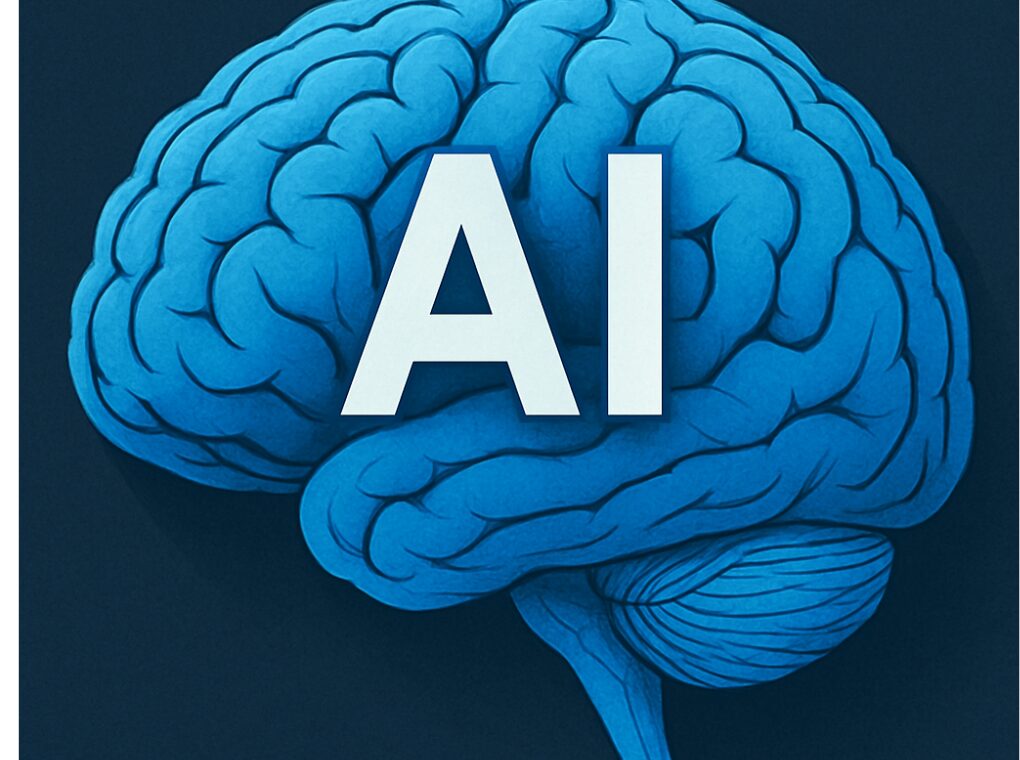In a major stride for neuroscience and artificial intelligence, researchers at the University of Technology Sydney (UTS) have developed a groundbreaking AI system capable of translating brainwaves into words—essentially converting thoughts directly into text.
Led by PhD researcher Charles (Jinzhao) Zhou, in collaboration with supervisors Professor Chin-Teng Lin and Dr. Leong, the team employed deep learning techniques to interpret electroencephalogram (EEG) signals. EEG is typically used in clinical settings to diagnose neurological conditions, but this new application ventures into the realm of mind-reading—without the need for invasive procedures.
During testing, the AI system successfully generated the phrase “I am jumping happily, it’s just me,” while Dr. Leong wore a 128-electrode EEG cap and remained completely silent. This demonstration marks a significant milestone in decoding internal thoughts using only external brain signal readings.
Unlike Elon Musk’s Neuralink project, which involves implanting devices directly into the brain, the UTS technology is entirely non-invasive. “We can’t get very precise because with non-invasive, you can’t actually put it into that part of the brain that decodes words,” explained Professor Lin. However, their model is trained to identify a small, targeted vocabulary to enhance accuracy and signal clarity.
The AI model also uses advanced filtering methods to isolate relevant neural activity, addressing the challenge of overlapping brain signals across the scalp’s surface.
Medical and Social Implications
The potential applications are profound. From enabling communication for patients with locked-in syndrome or paralysis to assisting children with autism in speech therapy, the technology opens new doors in both medicine and assistive communication.
This innovation follows a global trend of combining EEG and AI to address cognitive health. Earlier this year, researchers at Mass General Brigham in the U.S. announced an AI tool that could predict brain decline based on sleep-related EEG data—with a reported 77% accuracy.
Looking Ahead
While still in early development with a limited vocabulary, the UTS research offers a promising foundation for more advanced systems in the future. As deep learning and neuroscience continue to converge, decoding the human mind may soon move from science fiction to clinical reality.
